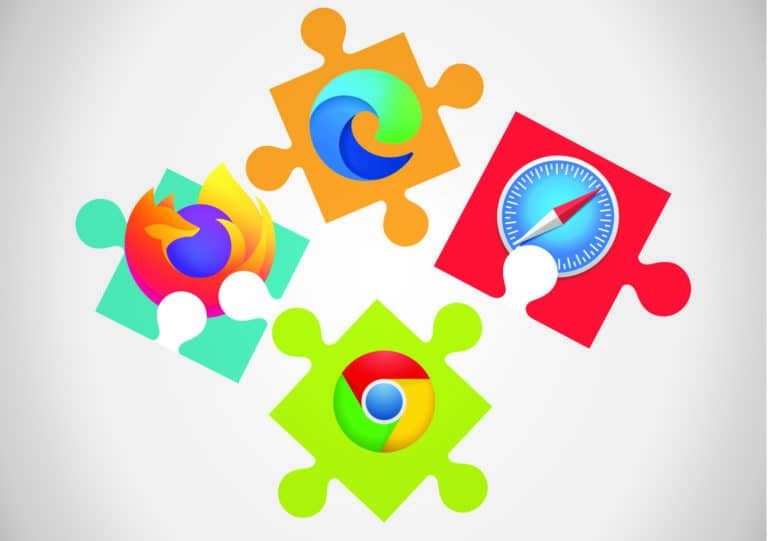A recent survey shows that smaller providers of internet browsers are seeing an uptick in usage after the EU’s Digital Markers Act (DMA) went into effect. According to Reuters, this means that the laws and regulations for these providers are helping to make a dent in the market dominance of behemoths like Google, Microsoft, and Apple. However, there are still some things to note.
As of March this year, several Big Tech companies are required by the DMA to offer users alternatives to the standard Internet browser and make switching easier. They can no longer only push their own browser like Chrome, Edge or Safari. Big tech companies do this mainly to track users and sell this data for advertising.
With the DMA, the EU wants to promote more competition so that alternative browser providers have a better and fairer chance to capture market share. To this end, the major platform providers must now display a mandatory choice screen.
Freedom of choice mostly at Safari’s expense
According to Reuters, smaller providers benefit from these regulations. For example, the privacy-focused browser Aloha saw a 250 percent increase in users in March of this year. Other, better-known alternatives such as Vivaldi, Brave, Ecosia, DuckDuckGo and Opera also saw an increase in the number of end-users in the EU.
The study further reveals that users mainly choose alternative browsers at the expense of Apple’s Safari browser. This is probably due to Apple’s dominant share of the market in comparison with Android devices. Opera, for example, sees the most significant uptake of its browser among users who activate it as the default on their iPhones.
Switching is still too inconvenient
Despite the big boost for alternative browsers, there is still criticism. This focuses mainly on the way the major platform providers offer alternative choices. Apple and Google supposedly make the process slow and clumsy, creating unnecessary delays for users looking to switch.
In addition, the available choices are not always easy to find. On iPhones, users are presented with a list of alternative browsers only after an update when opening Safari, with no additional information provided. This means that many users still choose what seems to be the easiest option, which is Apple’s browser Safari.
Furthermore, not all alternative browsers are shown in all EU countries. For example, Apple shows a list of 11 alternative browsers for each member state, which differs significantly per country. Only DuckDuckGo and Opera are available in all 27 member states, but Aloha only shows in 26 member states, Ecosia in 13 and Vivaldi in merely eight.
B Because of Apple’s complicated design in pointing to alternative browsers, the European Commission has launched a non-compliance investigation. The commission is looking at whether the tech giant is hindering users from truly exercising their free browser choice.
Also read: Which browser is the most secure?
